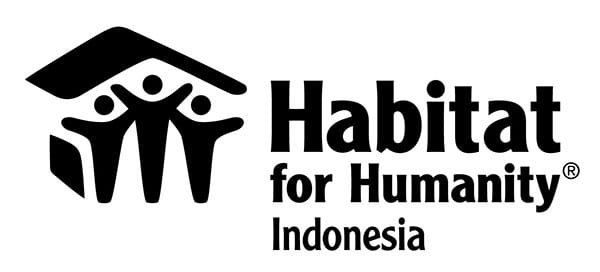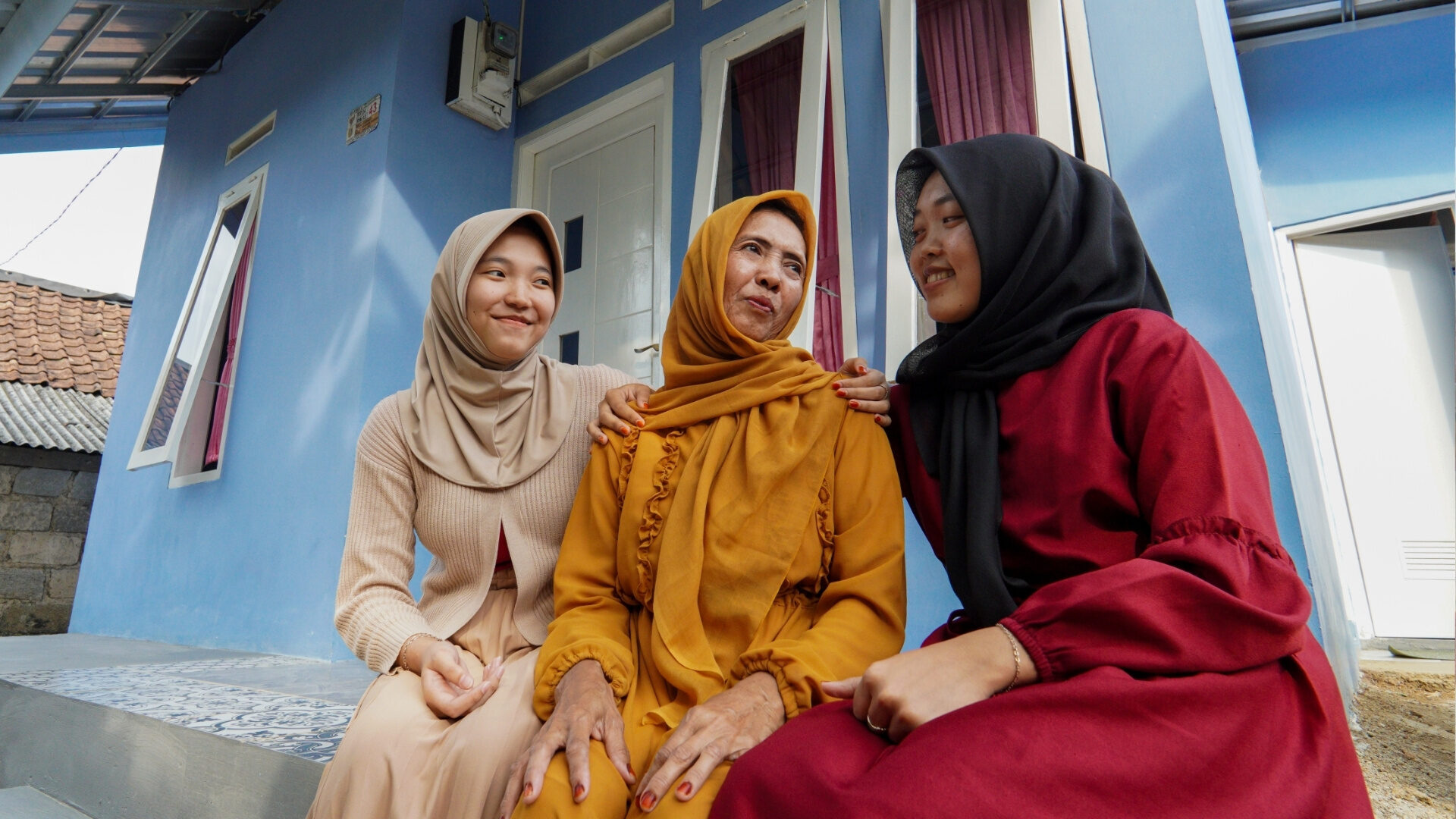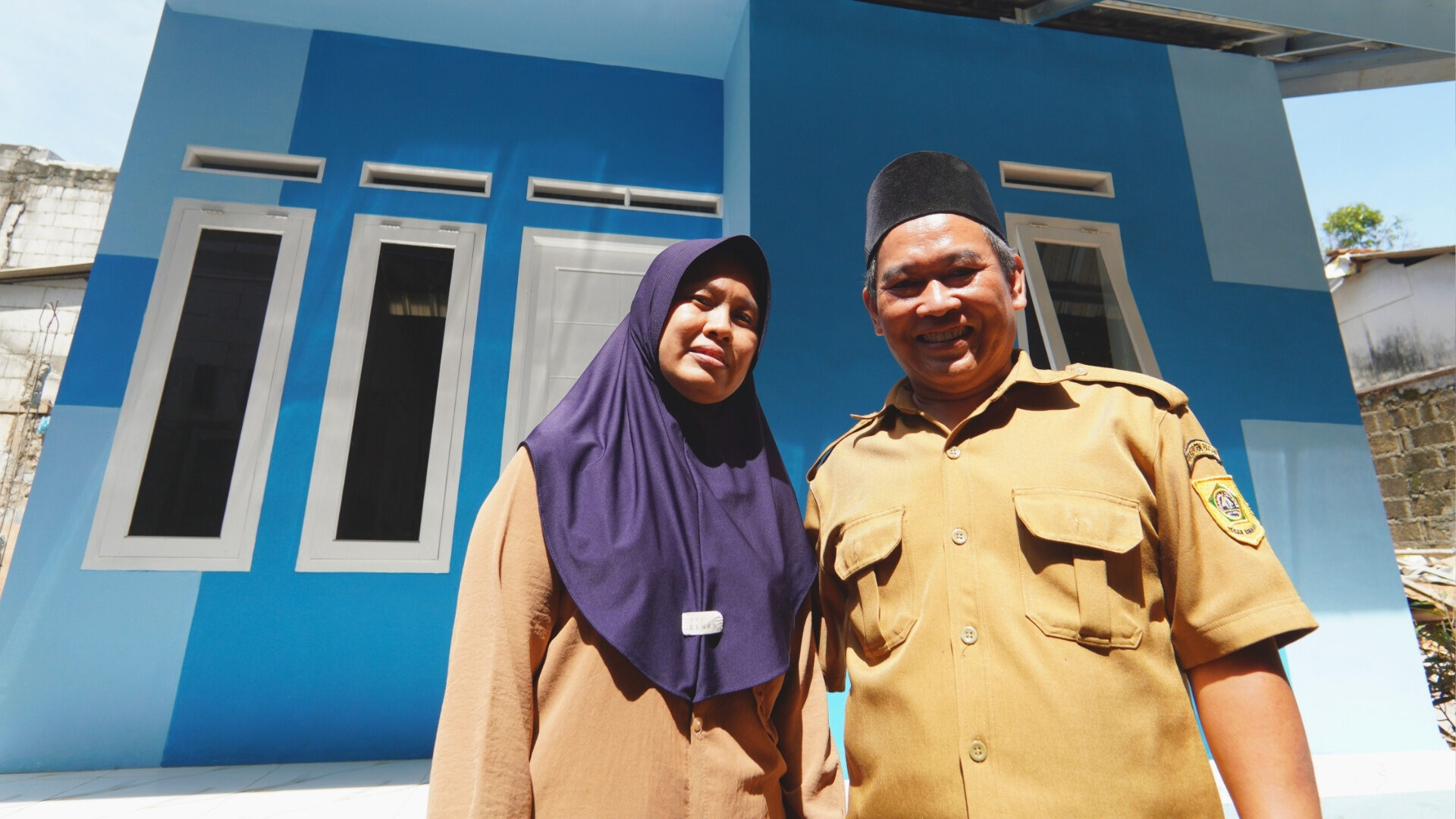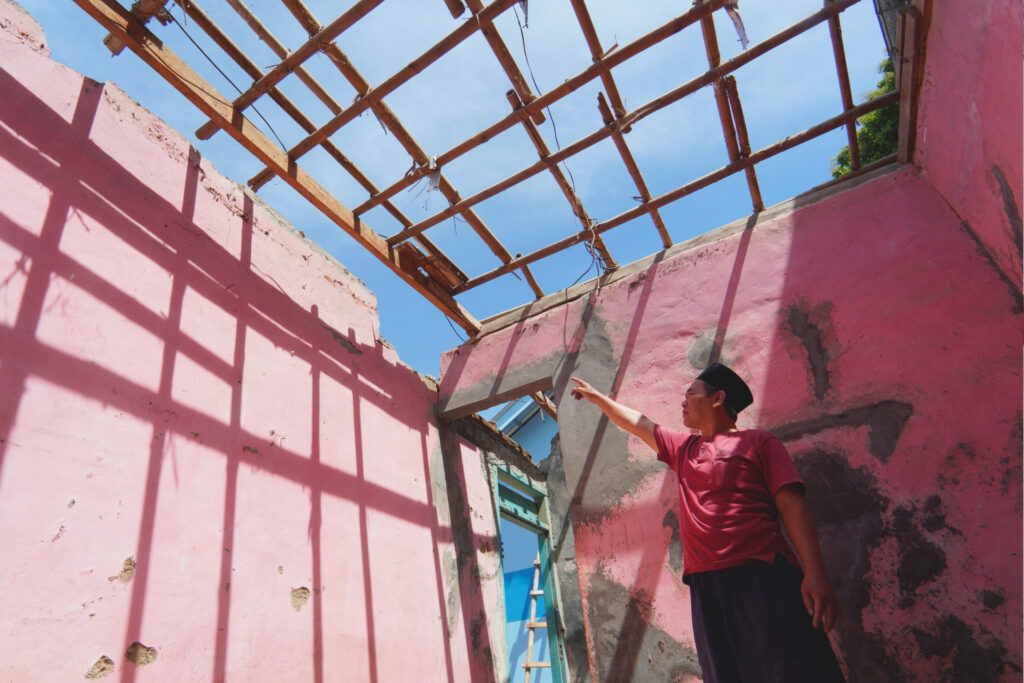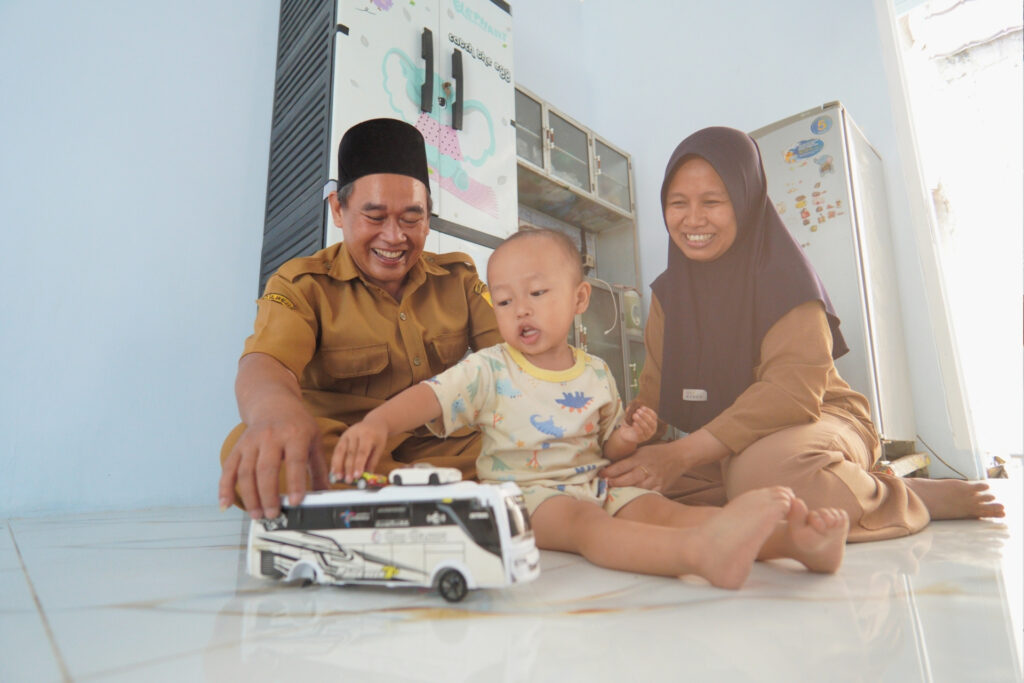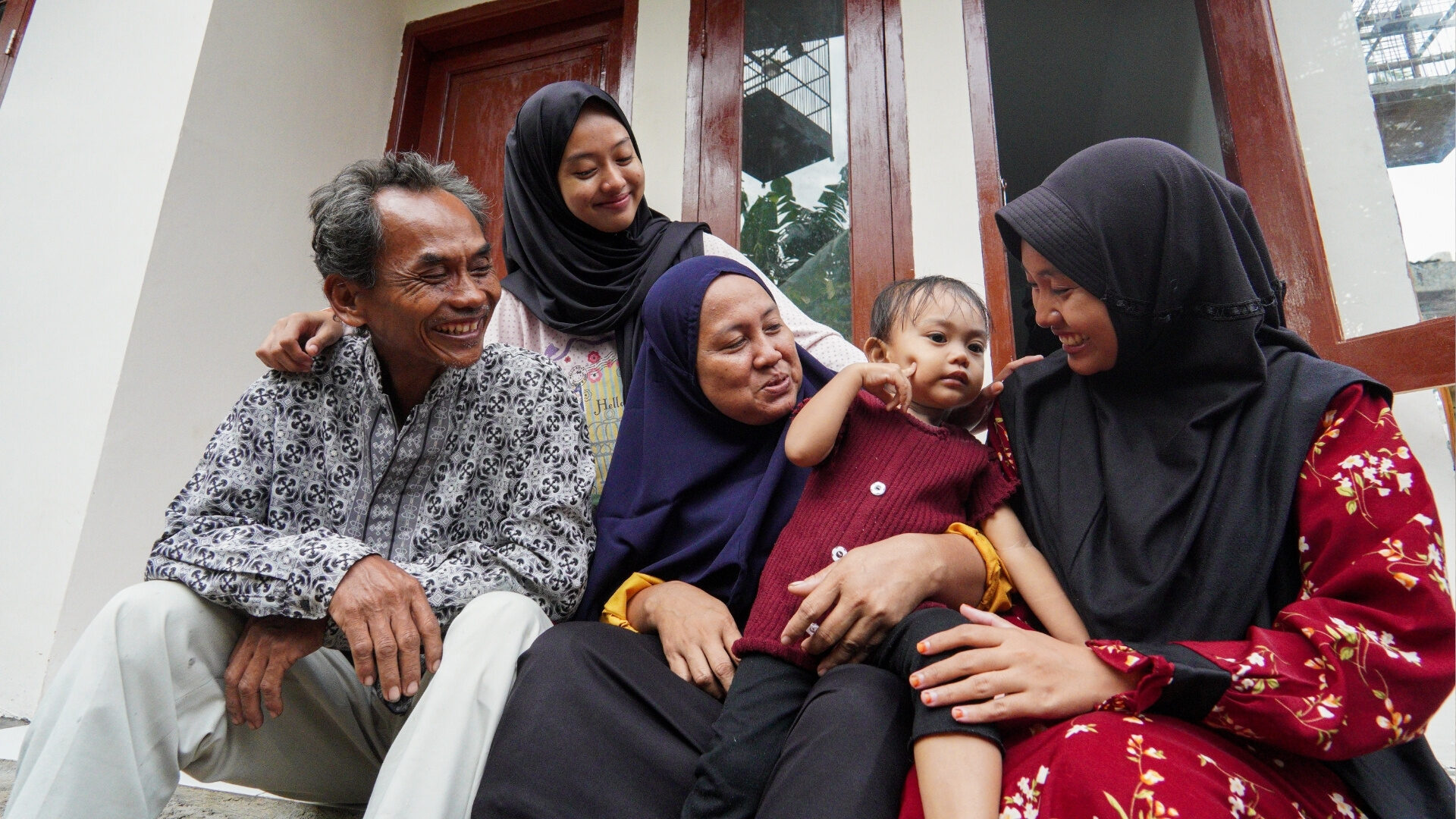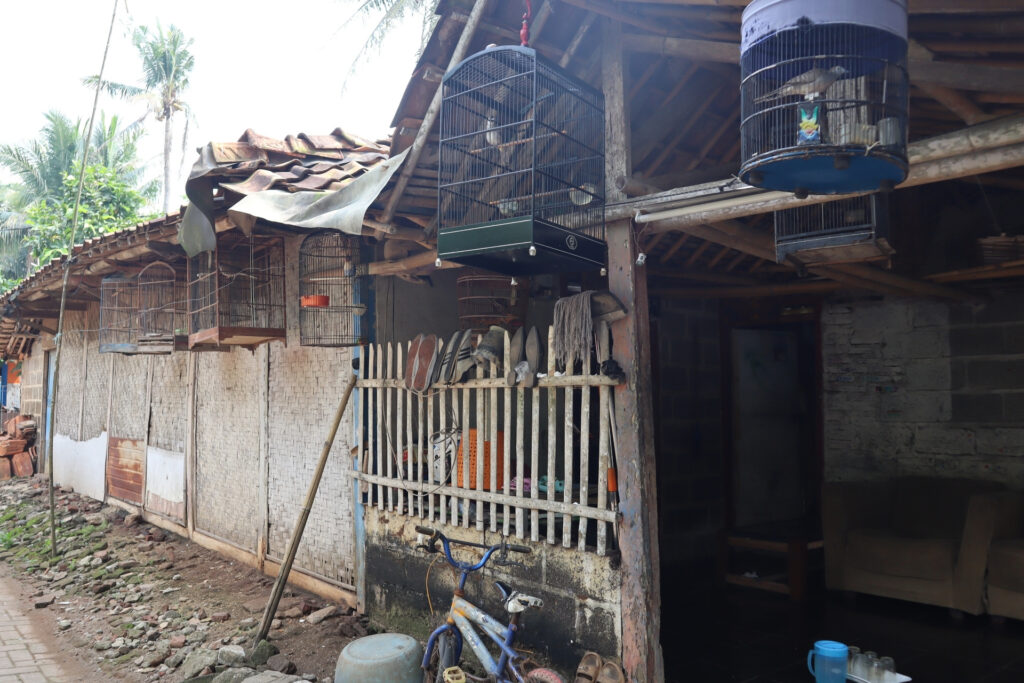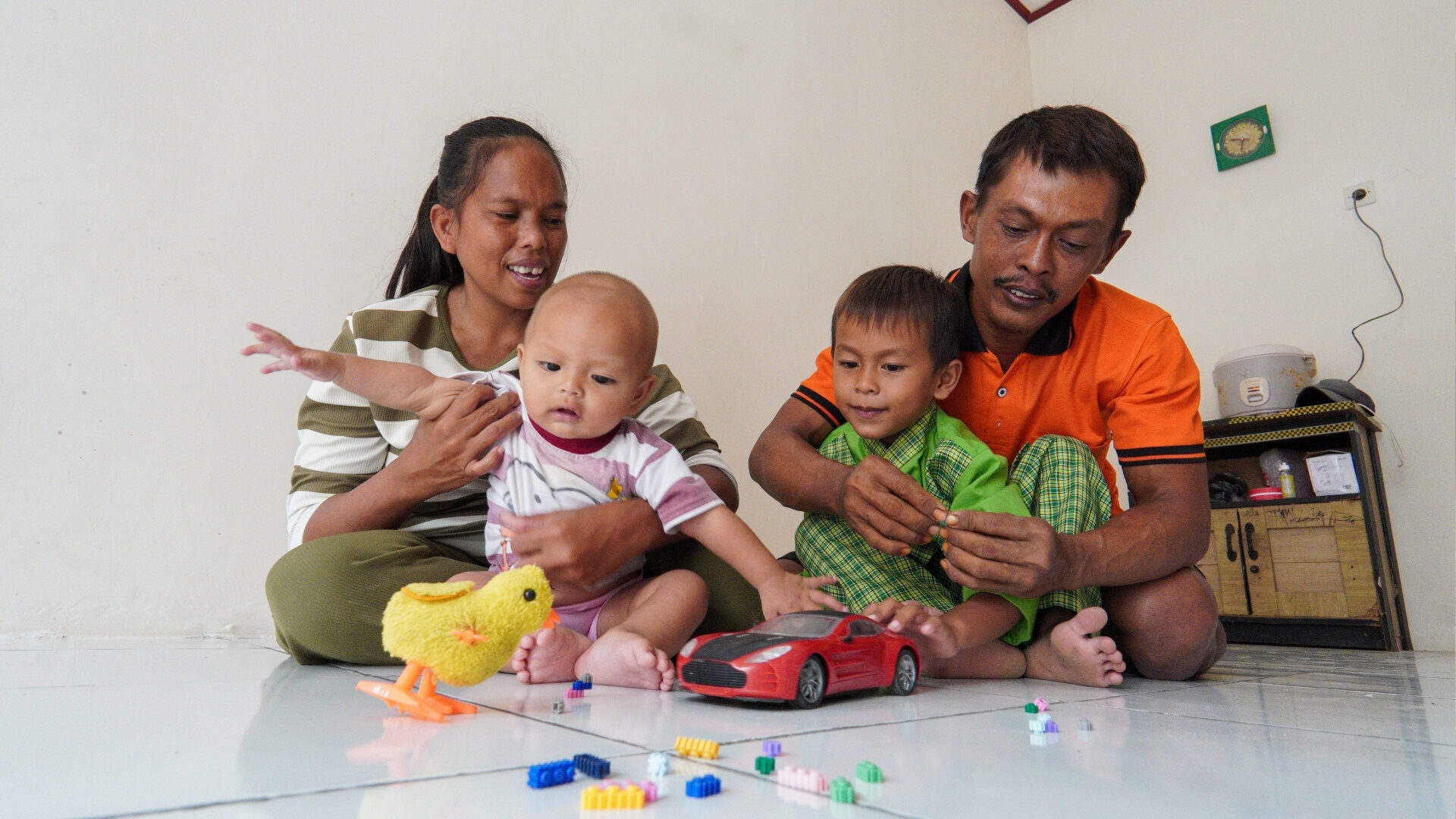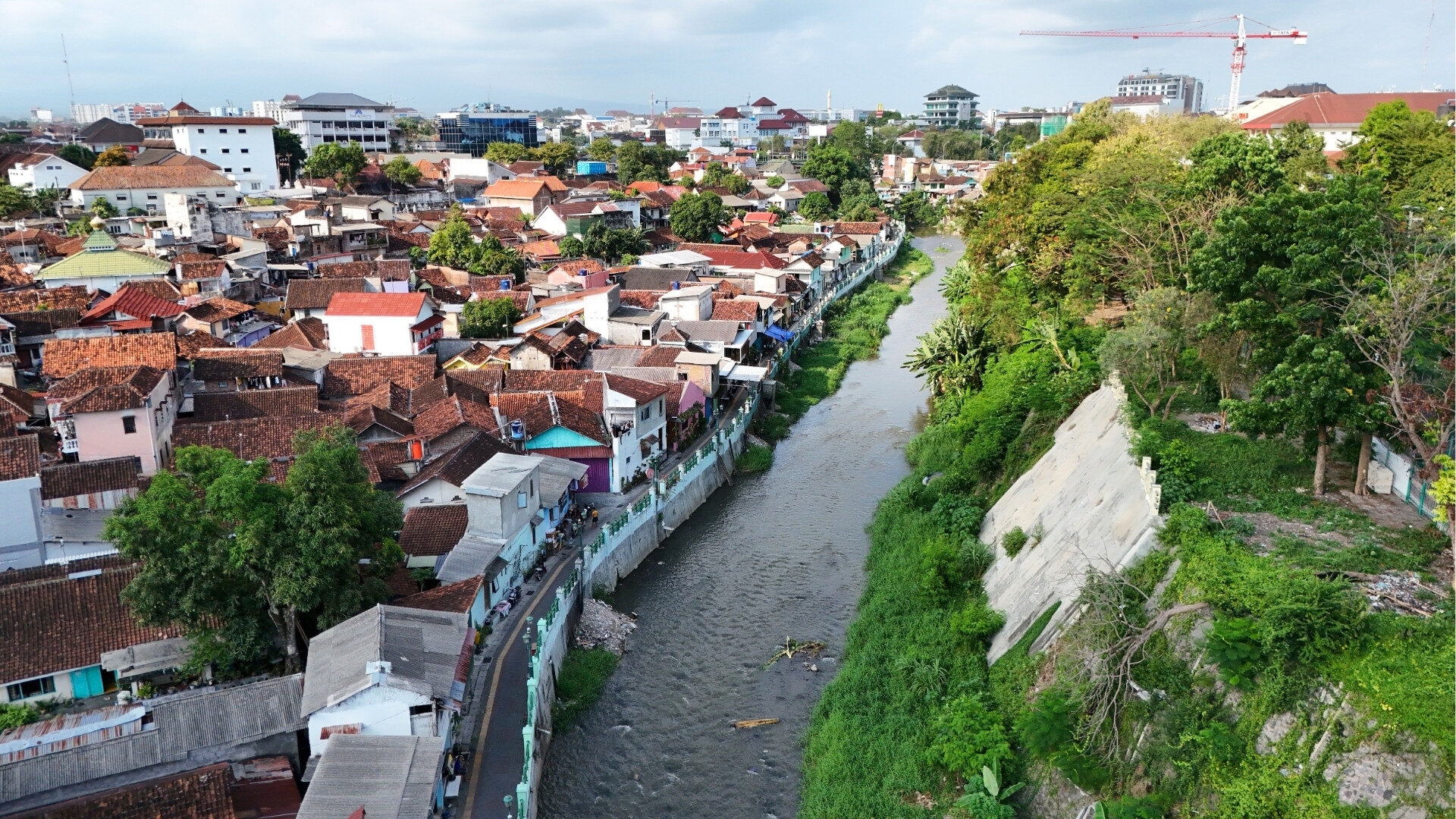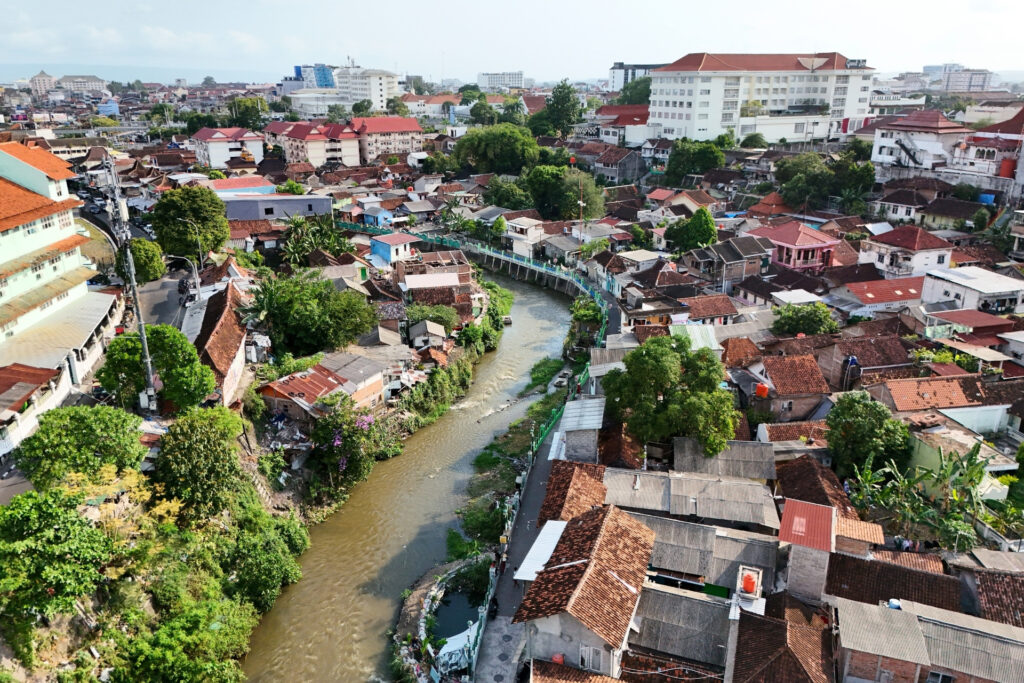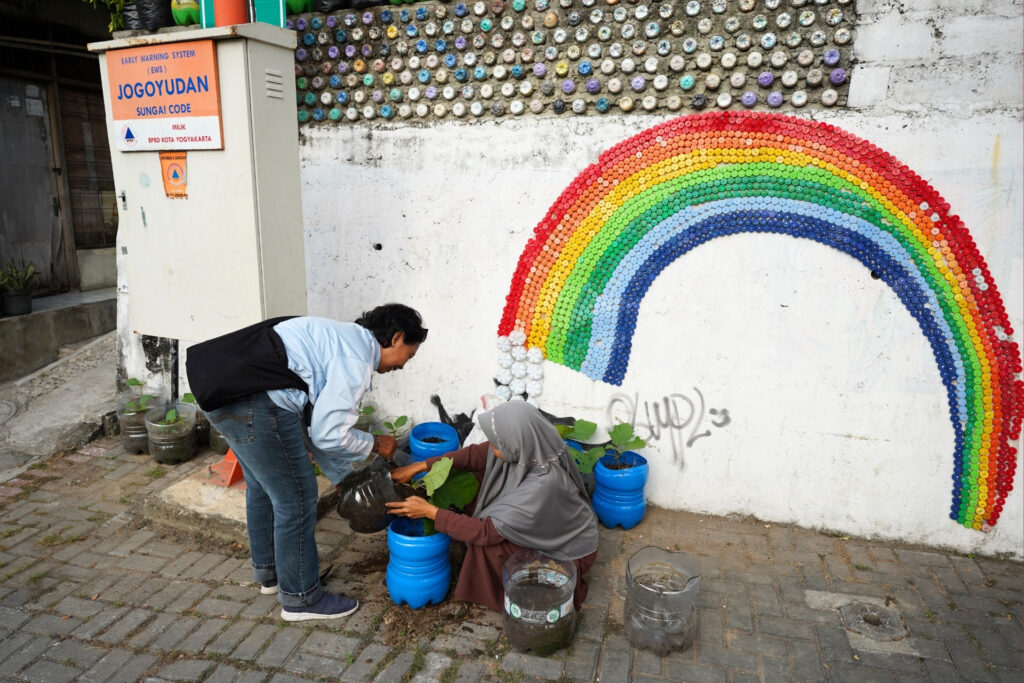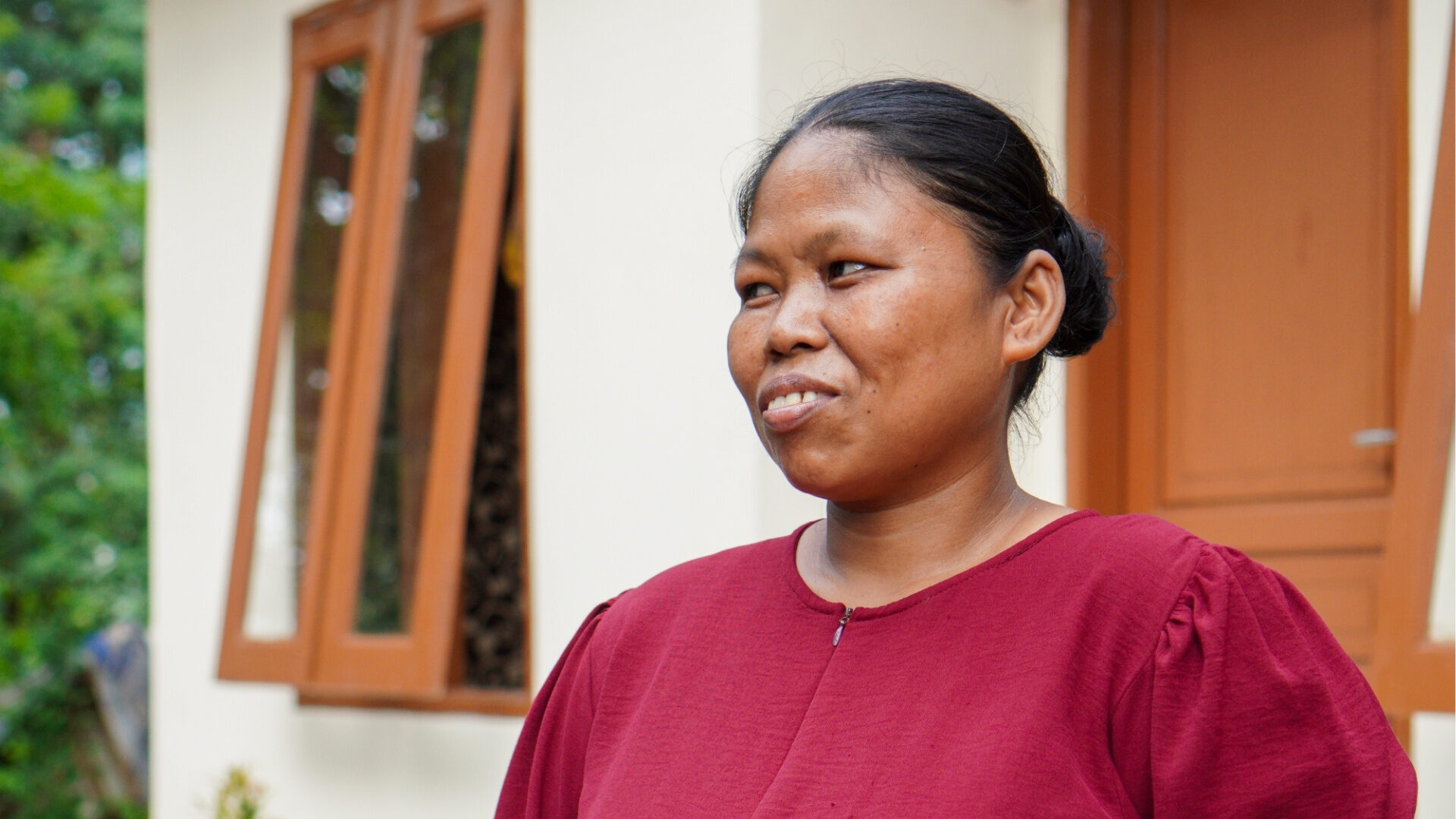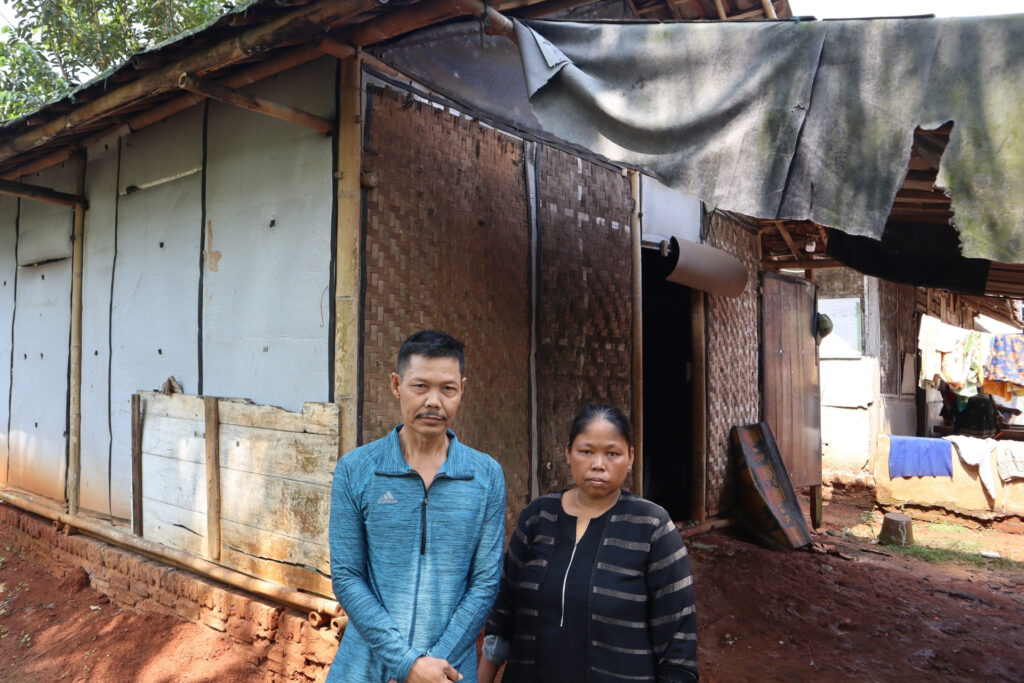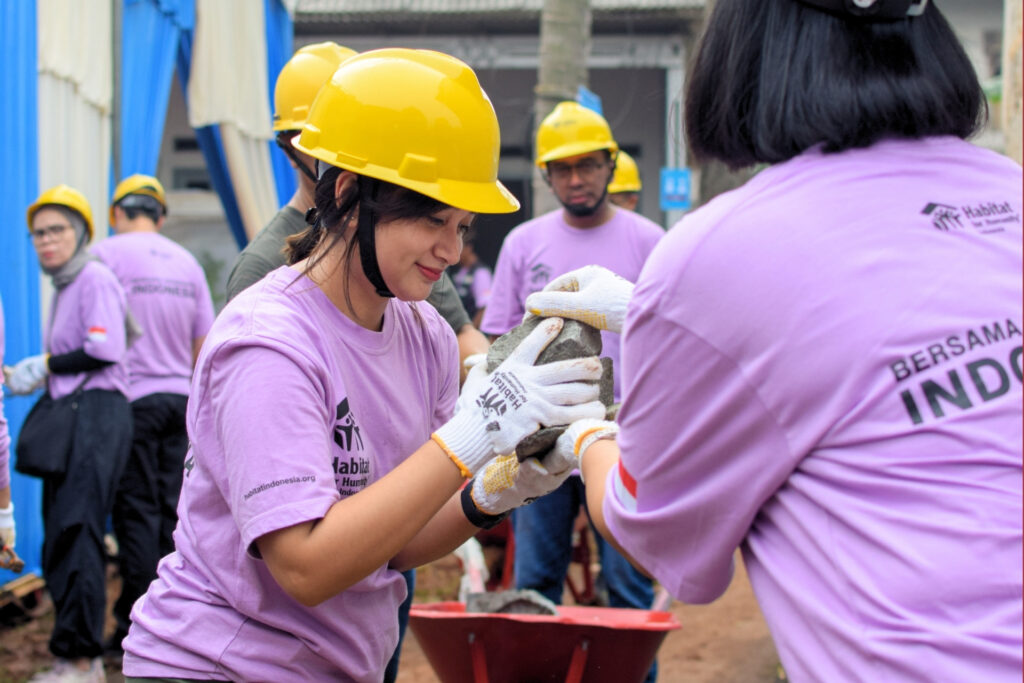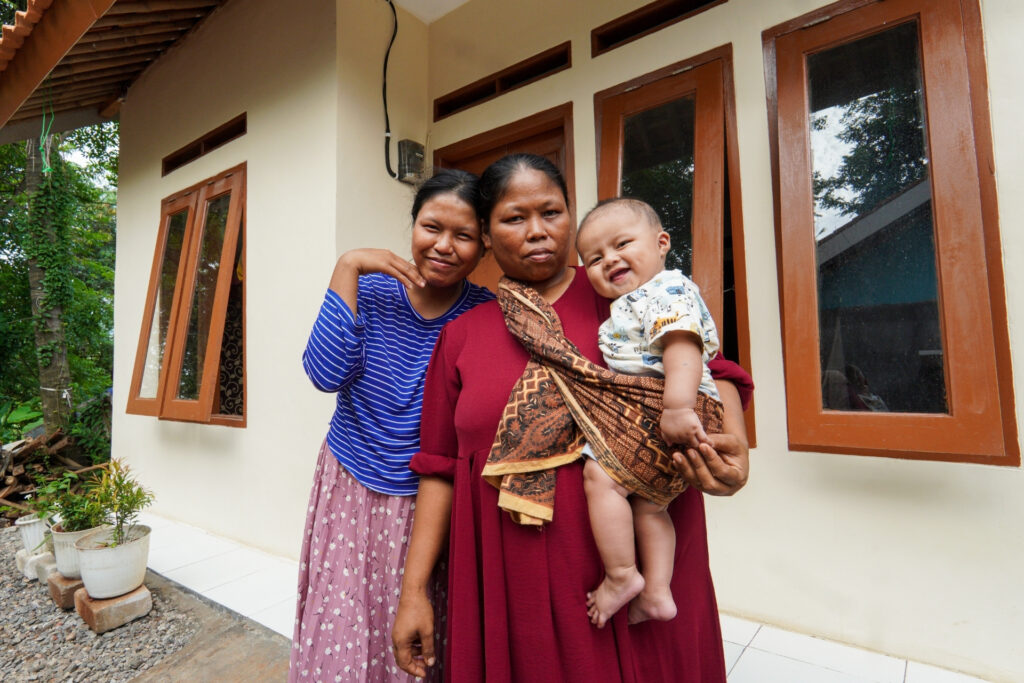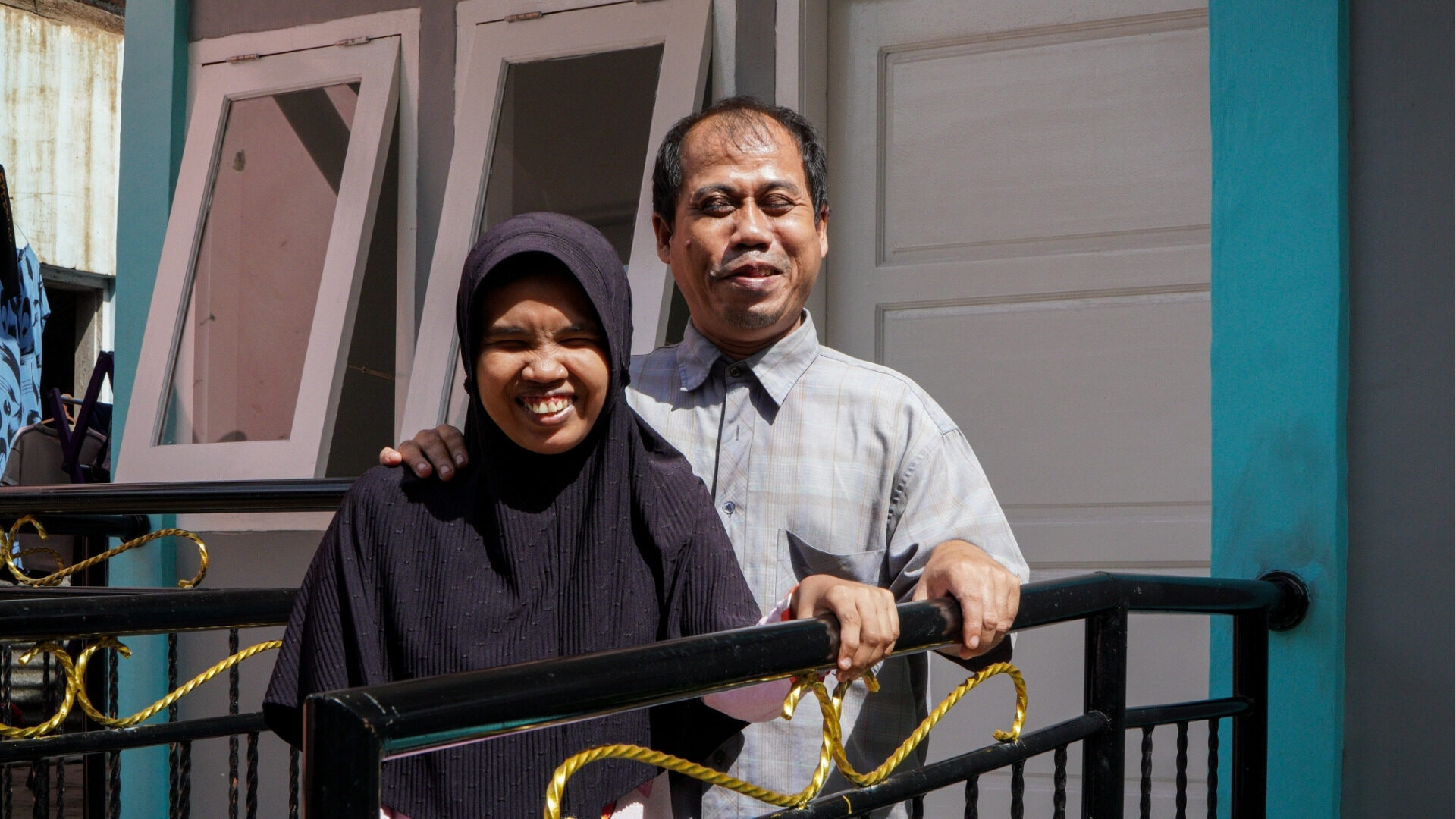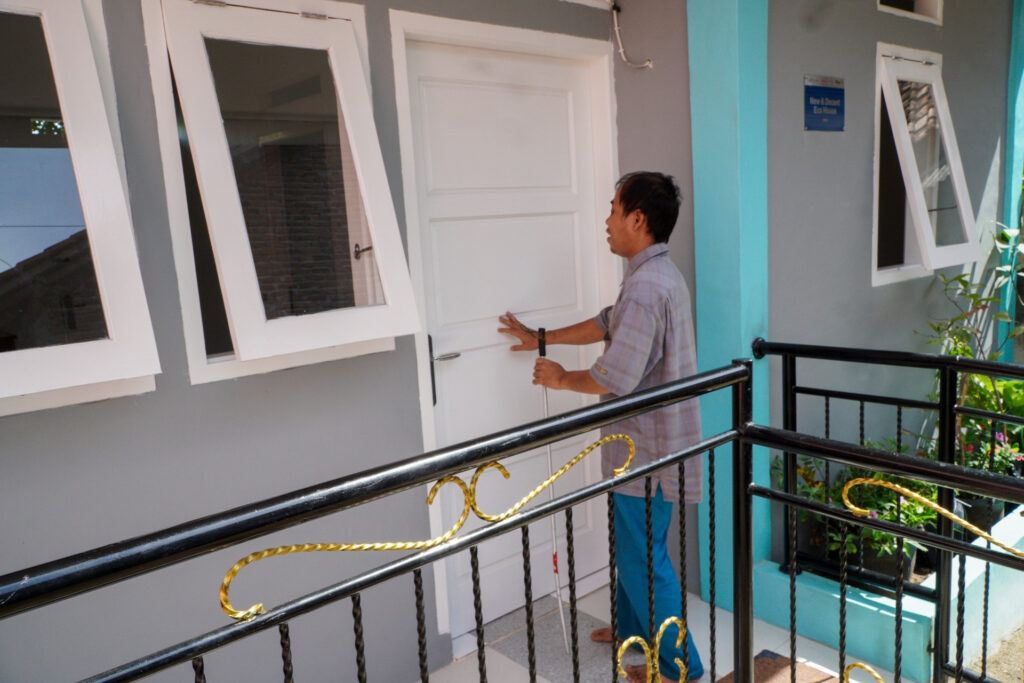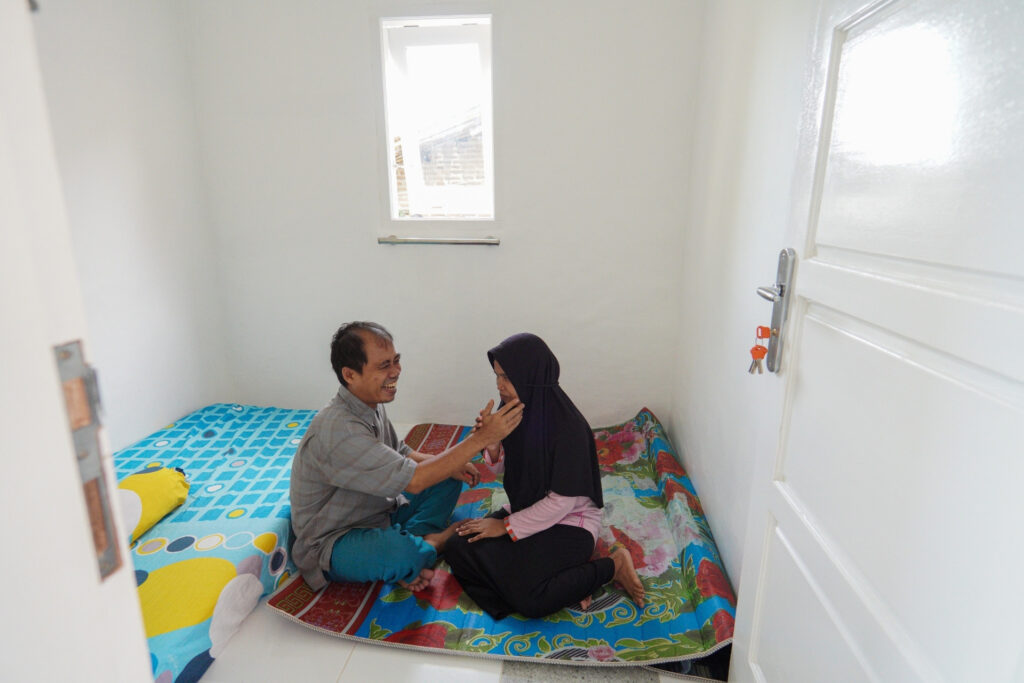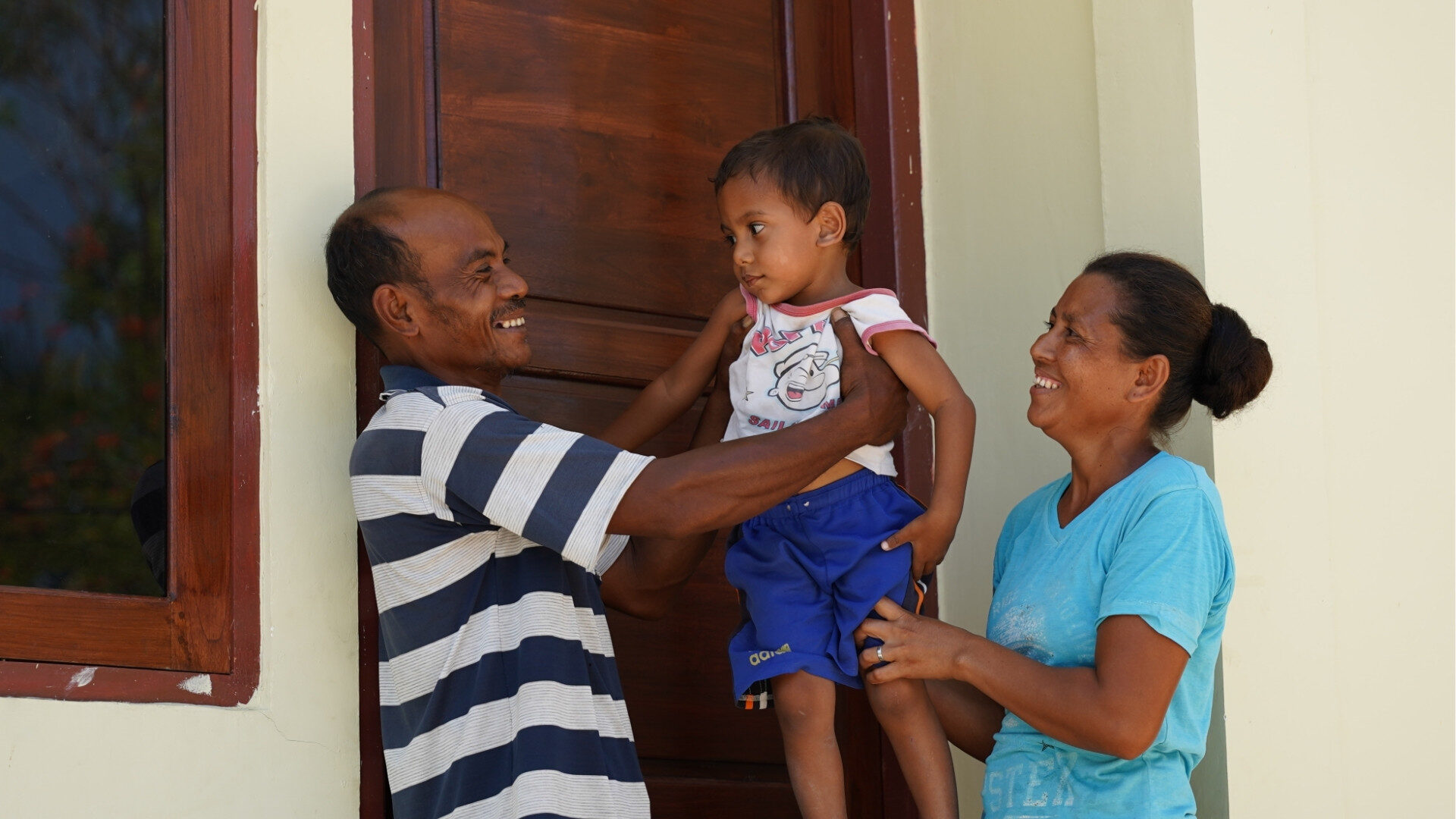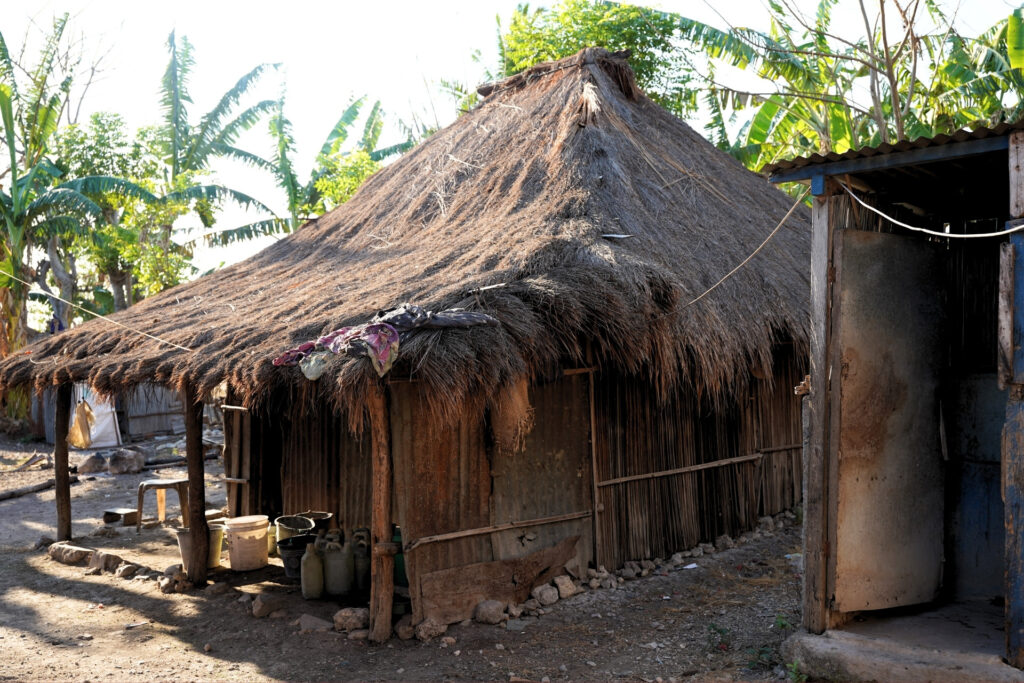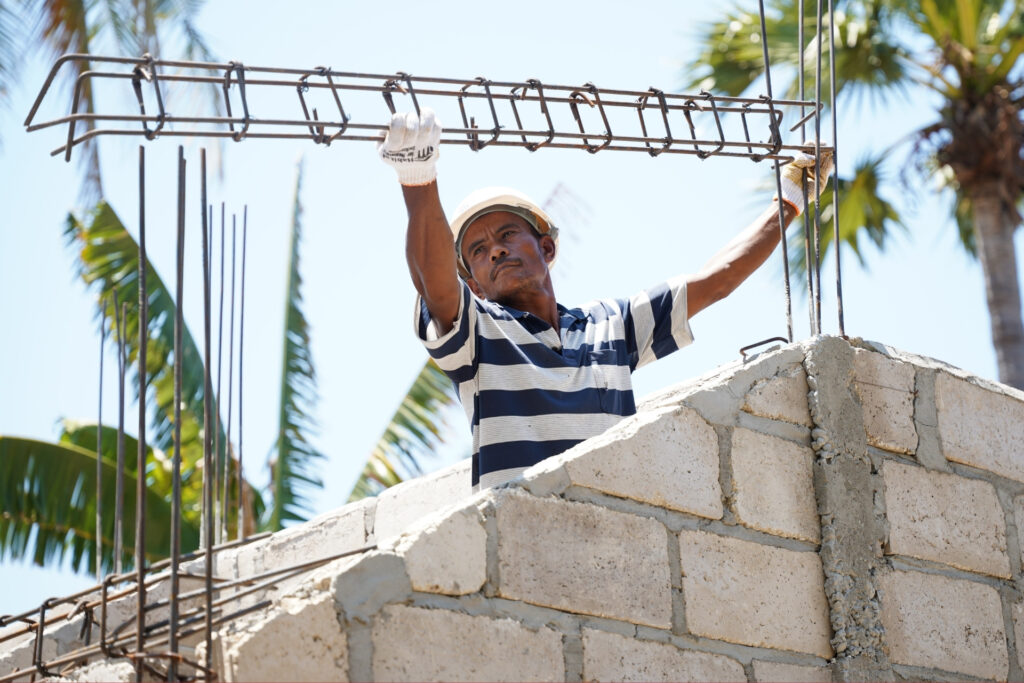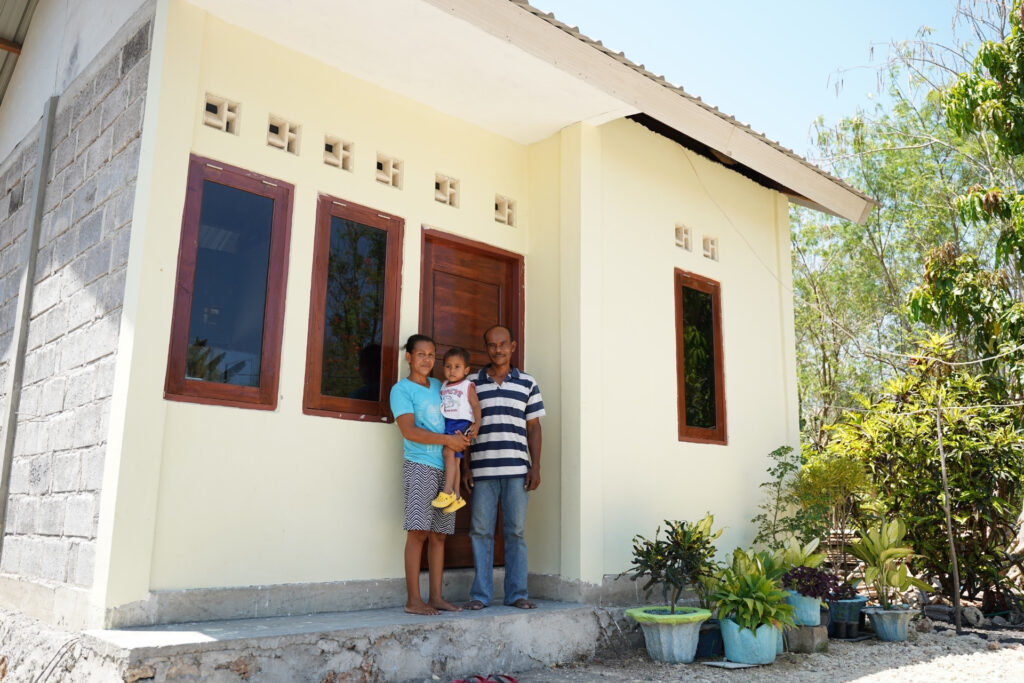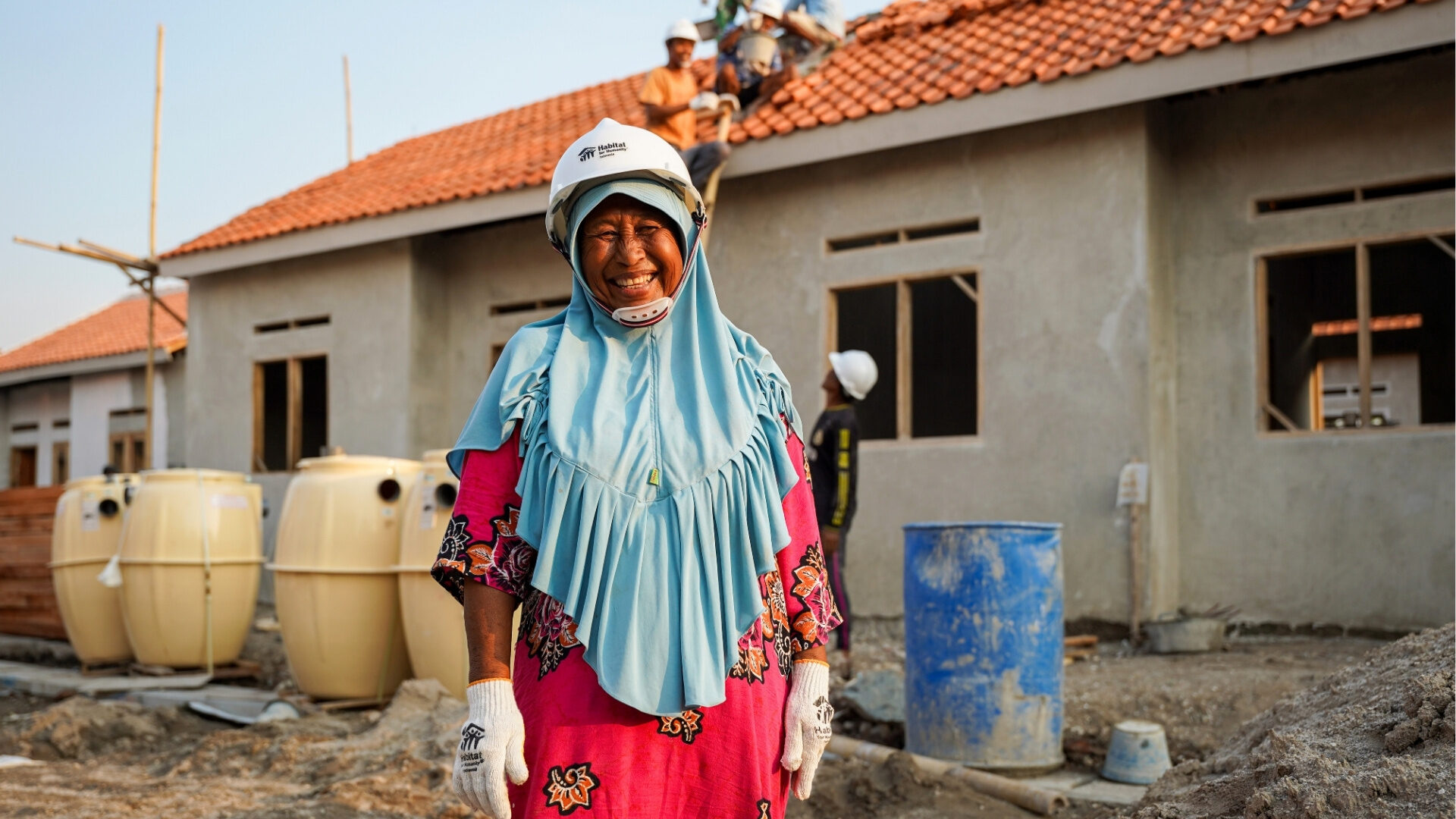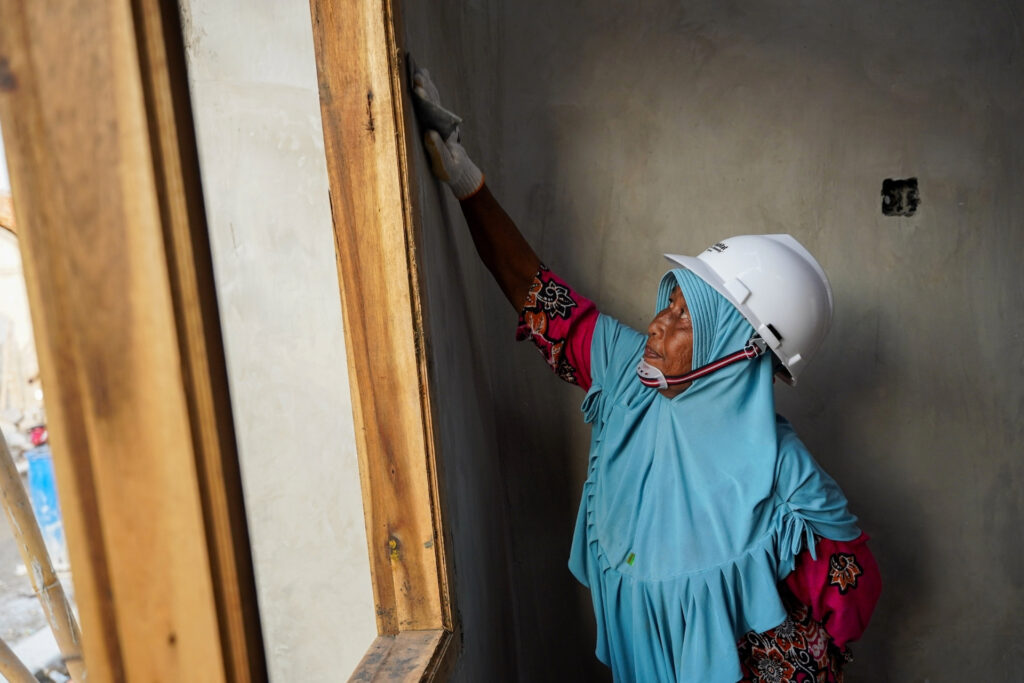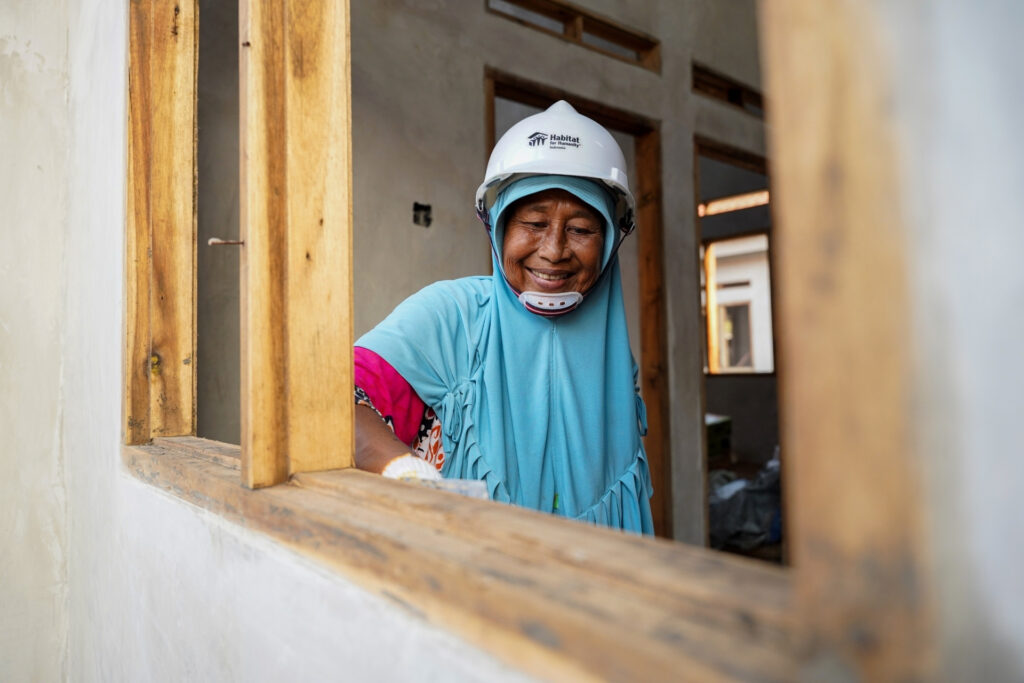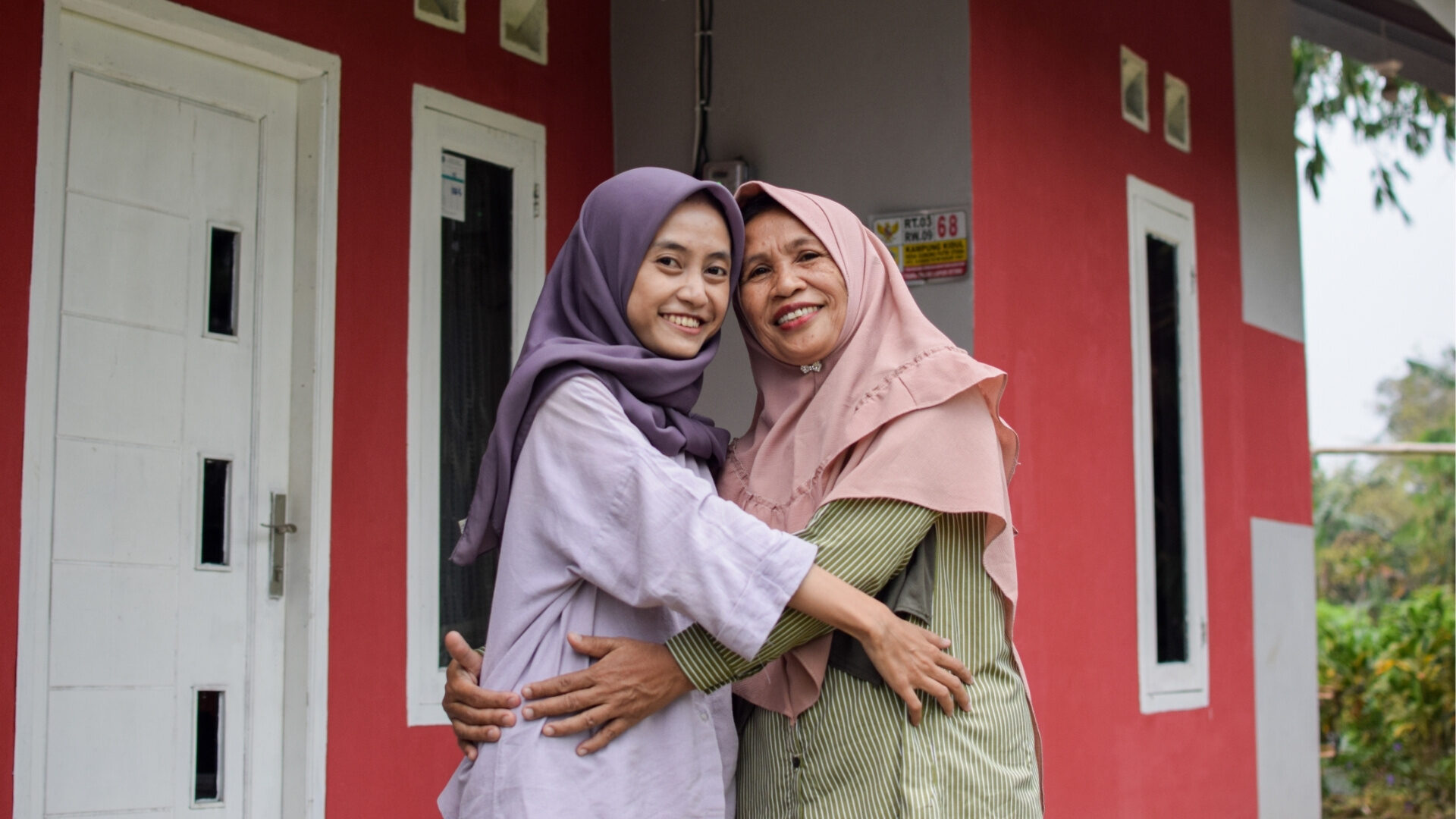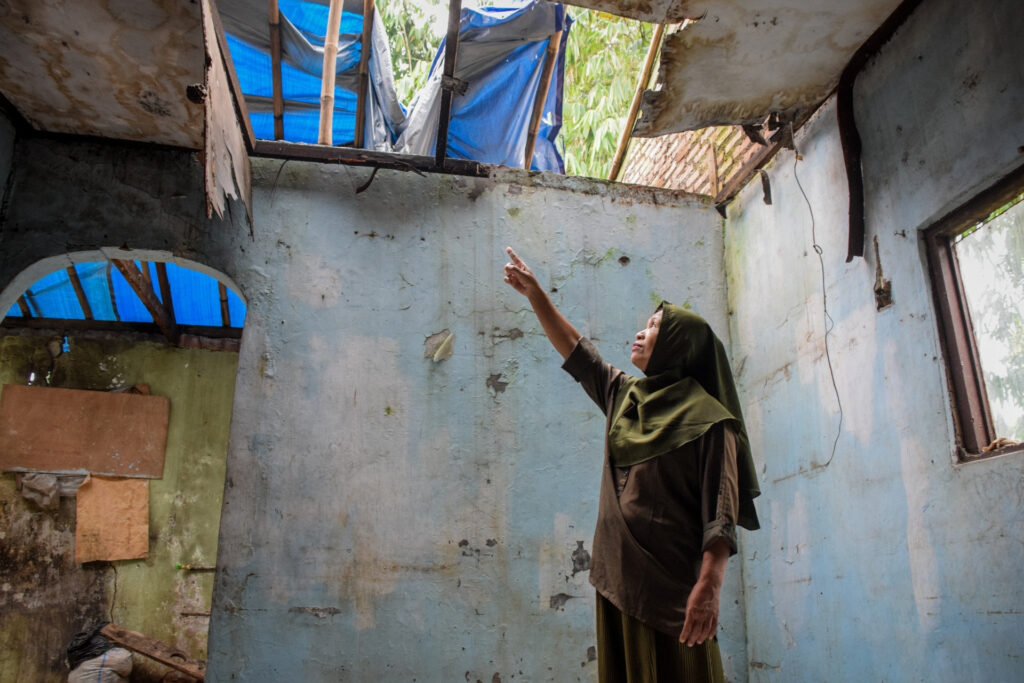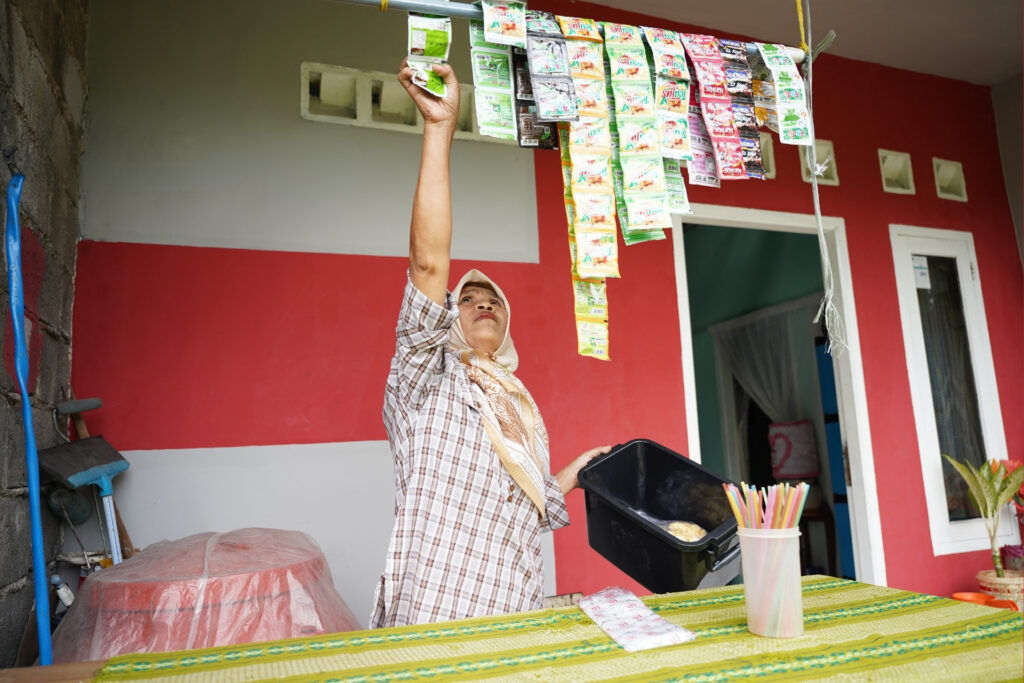The Struggle of a Mother Head of Household to Achieve a Decent Home
Bogor, February 2, 2026 – In a quiet corner of Bogor Regency, Ibu Kokom (55) often sits in silence in front of her home as the late afternoon sun begins to set. She is a widow, a housewife, and the head of household for her five children. In those quiet moments, she often gazes at the home that has long been the only shelter for her family—a house filled with stories of loss, struggle, and hopes that nearly faded away.
Since 2012, Ibu Kokom’s life has changed completely. The passing of her husband left a deep sorrow and a heavy burden she had to bear alone. From that day, she became the backbone of her family, raising her five children with very limited means. Year after year, she struggled forward, striving to remain patient even when reality often felt overwhelming.
Yet the burden did not stop there. The home that should have been the safest place slowly lost its function. The house had partially collapsed before and was repaired only minimally. Its walls were made of bamboo partitions without a sturdy structure, held up by simple wooden beams. The aged zinc roof offered little protection. From a distance, the house looked tilted, as if it could collapse again at any moment.
For years, Ibu Kokom and her children lived without a bathroom or toilet. They relied on a small stream nearby for their basic needs. Close to the stream, there was a small spring often used for bathing and cleaning themselves.
“When it was really urgent, I sometimes had to use a neighbor’s bathroom,” Ibu Kokom said quietly. “But not often, because it’s embarrassing. It really doesn’t feel right to intrude.”
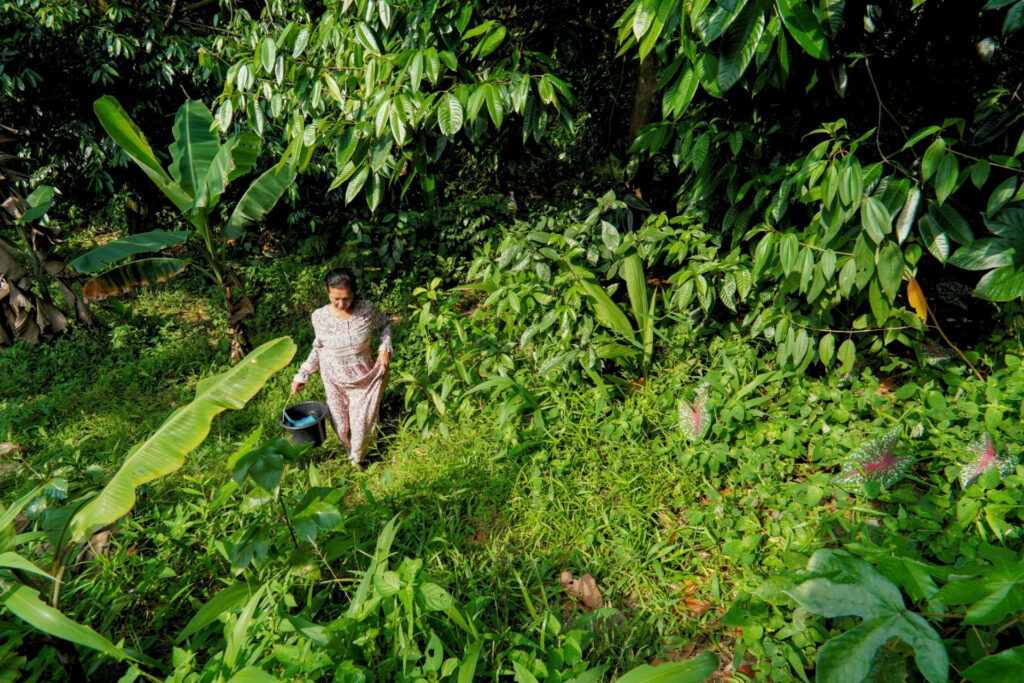
Ibu Kokom’s house is located far from her relatives’ homes. Since her husband passed away, she could only rely on neighbors. But receiving help was not always easy. There was a sense of hesitation, a feeling of discomfort—especially when kindness was not always available.
“I once had to deal with the neighbor locking their toilet door because I used it too often. They said I couldn’t use it anymore,” she recalled.
Those experiences left small scars on Ibu Kokom’s heart—not from anger, but from feeling powerless. She knew not everyone could keep sharing, and she was exhausted from always having to ask for help.
Amid these limitations, Ibu Kokom held onto a simple dream: to have a decent home. Not a luxurious one, not a large house. She only wanted a home that could protect her family, ease the burdens of life, and give her children a sense of safety. She never stopped praying, every time she worshiped, every time exhaustion set in. And one day, her prayers found a way.
Read also: The House That Became a Witness to Durahman’s Family Happiness
Habitat for Humanity Indonesia, in collaboration with Astra, visited Ibu Kokom and helped renovate her home into a decent and safe dwelling. The news came as a ray of light amid the long years of hardship she had endured.
“Alhamdulillah, my children and I are so happy,” she said, tears welling in her eyes.
The house construction became an unforgettable moment. Many hands were involved, and acts of kindness flowed abundantly. Neighbors and residents volunteered, carrying materials, dismantling the old house, and digging into the septic tank. The once fragile home slowly transformed into a sturdy and safe building.
Now, the weight that had long pressed on her shoulders feels lifted. Her home is no longer a source of worry.
“Now I don’t have to think about all the problems with the house anymore,” she said. “The house is strong, it’s good, and we finally have our own bathroom and toilet. No more going to the stream.”
More than just a physical building, this decent home has restored the dignity of Ibu Kokom’s family. They now enjoy private space, better sanitation, and growing self-confidence. The children no longer feel inferior, and Ibu Kokom no longer feels ashamed.
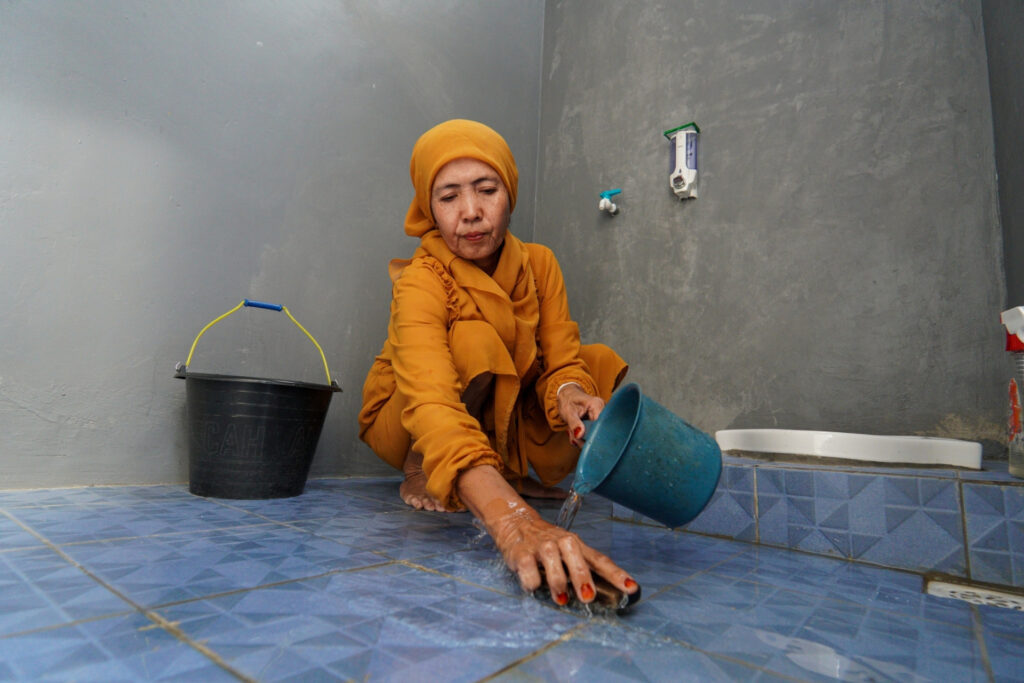
For Ibu Kokom, this home is more than a place to live. It is a shelter from the harshness of life, a place where hope is sown again, and a space where her children’s future can be planned with greater peace.
“A home is where we return every day,” she said. “And this house will be everything for my children’s future.”
There are still many families like Ibu Kokom who hold similar simple dreams: the hope for a better, safer life despite limitations. Every home that is built does not just change a building—it changes the direction of a family’s life.
The right helping hand can answer prayers that have long been offered. If you want to be part of this change, your kindness can be contributed through: habitatindonesia.org/donate
Writer: Kevin Herbian
(kh/av)
